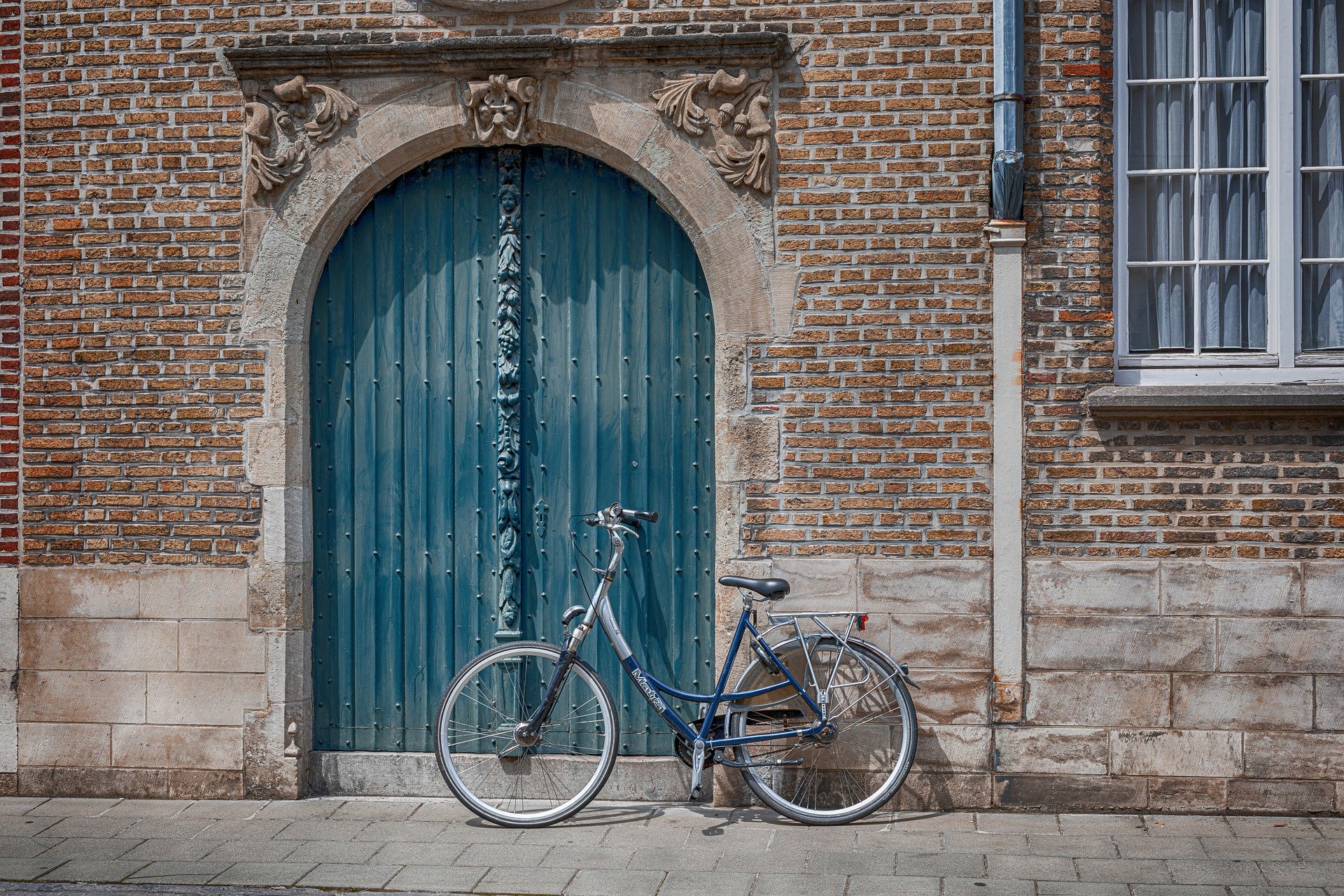Is it difficult to maintain your motivation to study?
Before lockdown, we normally had to travel to the university. In that time, we were able to transition from our home non-work mindset into our work mindset.
As we start to turn our home/accommodation into our workspace, we may find that it is not easy to get into our work mindset. To do this, we need to create new cues in our environment to remind us of when it is work time, and when it is time to switch to our non-work time.
To boost your motivation, think about why you are doing your studies so that you can connect with the bigger picture – what matters to you.
How to be more productive, and prevent procrastination
Having an “I’ll do it tomorrow” thought? It is hard, isn’t it, to move past the feeling when there are other things we want to do. It is frustrating when this happens, especially when we need to meet a deadline, or we want to make progress on something that is important to us.
 When you notice that you are distracted, identify what was the trigger. Is it that you feel the urge to check your phone or check the news? Or is it that you want to contact others to find out how they are doing?
When you notice that you are distracted, identify what was the trigger. Is it that you feel the urge to check your phone or check the news? Or is it that you want to contact others to find out how they are doing?
Here are some ideas you can experiment make progress with your work. See what works for you:
Creating a structure- routine
To manage our mood, maintain our energy level, and feel more in control, it is essential to create a daily routine. Getting up at a good time each day and getting dressed to be ready to study as if you were going to go to lectures will introduce normality and some predictability into the day.
As you plan your activities for the day, include time to take breaks after your study periods and keep it flexible so that you can adjust it when necessary.
Focus on the benefits of studying at home: identify some of the things that you can do now that you could not do before. For example, now there is more time as you do not have a long commute, or you can make your favourite cup of tea or coffee when you take a break. Or you can connect more frequently with family and friends as they are at home too.
 Keeping well: Given that there is no vaccine yet to protect us from Covid-19, it is understandable to feel apprehensive and worried about our health.
Keeping well: Given that there is no vaccine yet to protect us from Covid-19, it is understandable to feel apprehensive and worried about our health.
If you are feeling confused, or tense and worried, turn your attention to what you can do to keep yourself well. The best protection is maintaining healthy habits – eating healthy foods, drinking water, keeping active, protecting sleep, and having a good daily routine that includes having a clear finish from work at the end of the day.
Take regular breaks: working online can be more demanding as it requires to focus on screens, and it takes more energy to do so than when we speak with people face-to-face. It is important to have time away from the computer to rest our eyes and to move for a while. This will help to prevent back and neck problems.
Create your routine: set up your workspace and a work schedule that is flexible enough to allow for those tasks that you need to do at home, or to deal with unexpected events. Identify realistic and achievable goals as this will set the expectation that we can get it done. Then, make the time for each task and identify the steps you need to take to complete it.
Develop a “can do” approach: it is difficult to make progress with a task when we are not clear about what we need to do. It is helpful to go back to the beginning, review the process, and consider alternative options.
 Start with small steps: Once you identify a goal, break it down into small steps. Then visualise what you will do to make progress and get started with one step. Once we achieve something, our motivation increases to continue with the next step (Fogg, 2019).
Start with small steps: Once you identify a goal, break it down into small steps. Then visualise what you will do to make progress and get started with one step. Once we achieve something, our motivation increases to continue with the next step (Fogg, 2019).
Start with something small, something that seems easy to do. Notice your intention to get the work done, and then visualise the steps you can take to move forward. Remind yourself of your values and that you are a person who follows through with things. When we feel that our view of ourselves is congruent with our actions, we restore our sense of self-efficacy.
Limit distractions: Having difficulties with concentration is a common issue raised at this time. It is a normal reaction as our brains are busy trying to make sense of what is happening, so we listen to the news and try to find explanations and information to help us create some certainty. However, our brain gets very tired trying to process the flood of information, often contradictory or that it triggers worry about health and concern for those we care about, including our own health.
identify what things distract you, and plan what you will do to limit their impact on your concentration. For example, put the phone on silent mode and away from view while working. Also, let others know when you are going to be working and agree times that you will spend time in a common activity (e.g. connect online or watch a programme).
You can also learn about mindfulness, a technique that helps to manage distracting thoughts reducing tension and restores a sense of wellbeing.
 Learn something new: when feeling worried or bored, without a specific task that you find engaging. For example, explore what topics or skills you would like to learn more about and choose one from the many free online courses available.
Learn something new: when feeling worried or bored, without a specific task that you find engaging. For example, explore what topics or skills you would like to learn more about and choose one from the many free online courses available.
Learning new things will keep our minds occupied and doing something practical that we can use later. Perhaps you want to learn a language or learn about a topic that is not in your course.
Collect stories: there have been many stories in the news that show people’s kindness and creativity. Make a note of what you found interesting about them. Now, when there is so much uncertainty, it is important to focus on what brings us together – how people around the world are collaborating to create a sense of hope and possibility.
 Write your own stories of what you found motivating and inspiring so that you can then share them with others. This will help to balance our natural tendency to focus on the negative (negativity bias).
Write your own stories of what you found motivating and inspiring so that you can then share them with others. This will help to balance our natural tendency to focus on the negative (negativity bias).
The stories will bring people together as we share human creativity, and they can give us hope that we will get through this experience.

References:
Cacciopo, J. T. & Patrick, W. (2008) Loneliness. Human nature and the need for social connection. London: W. W. Norton & Company, Inc.
David, S. (2016) Emotional agility. Get unstuck, embrace change and thrive in work and life. London: Penguin Books.
Fogg, B.J. (2018) Tiny habits. The small changes that change everything. London: Virgin Books.
Tierney, J. & Baumeister, R.F. (2019) The power of bad. And how to overcome it. London: Allen Lane.
